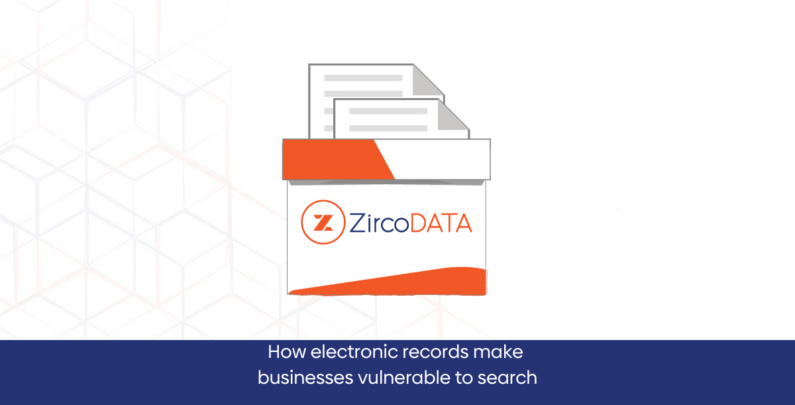
How electronic records make businesses vulnerable to search
A recent rise in awareness around digital surveillance incidents has highlighted the potential vulnerabilities of businesses, especially those utilising tools from major global tech companies. These companies have been involved in questionable information-sharing scenarios internationally in the past.
There have been numerous instances where cyber operations were carried out with the aim of extracting intelligence from various nations. The concerning part is the ongoing trend of companies digitising their documents, thus making them susceptible to potential breaches. Even with firewalls and encryption in place, skilled hackers or similar bodies have demonstrated the ability to breach such protective measures.
Industry insiders have suggested that while many organisations are prepared for minor cyber threats, they may not be adequately equipped to defend against more sophisticated attacks.
Proponents of digital storage often argue that moving these files to remote cloud networks can improve efficiency. However, this comes with its own set of challenges. The process of digitising documents has associated upfront costs and can lead to a temporary drop in productivity due to the necessary training for employees. Moreover, businesses must bear the ongoing cost of secure storage for these files.
It’s clear that digital surveillance activities and cyber operations will continue to expand, supported by extensive resources capable of overcoming commercial computer protection programs. Businesses that lack sufficient protective measures may jeopardize their customers’ data security. Many Australian firms already feel they are “losing the battle” against such intrusions. Partnering with a reliable records management provider could be an effective strategy to tackle these concerns.

Recent Comments